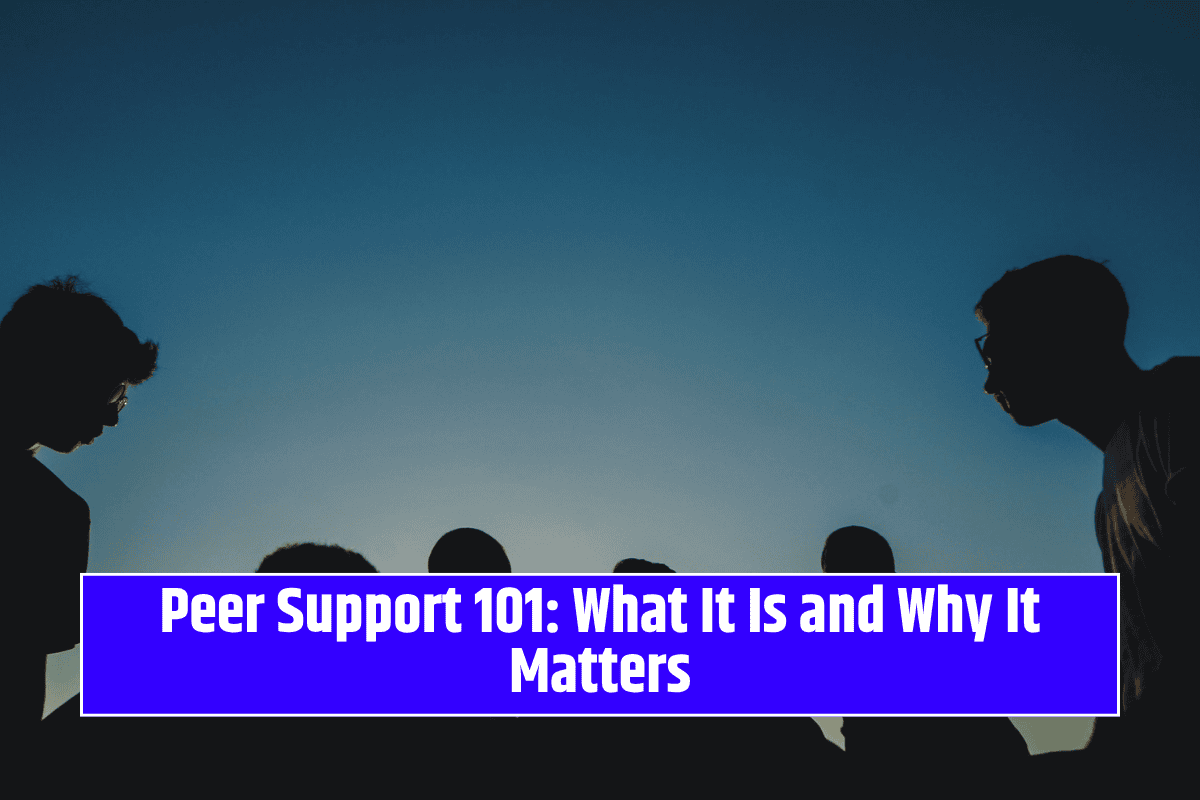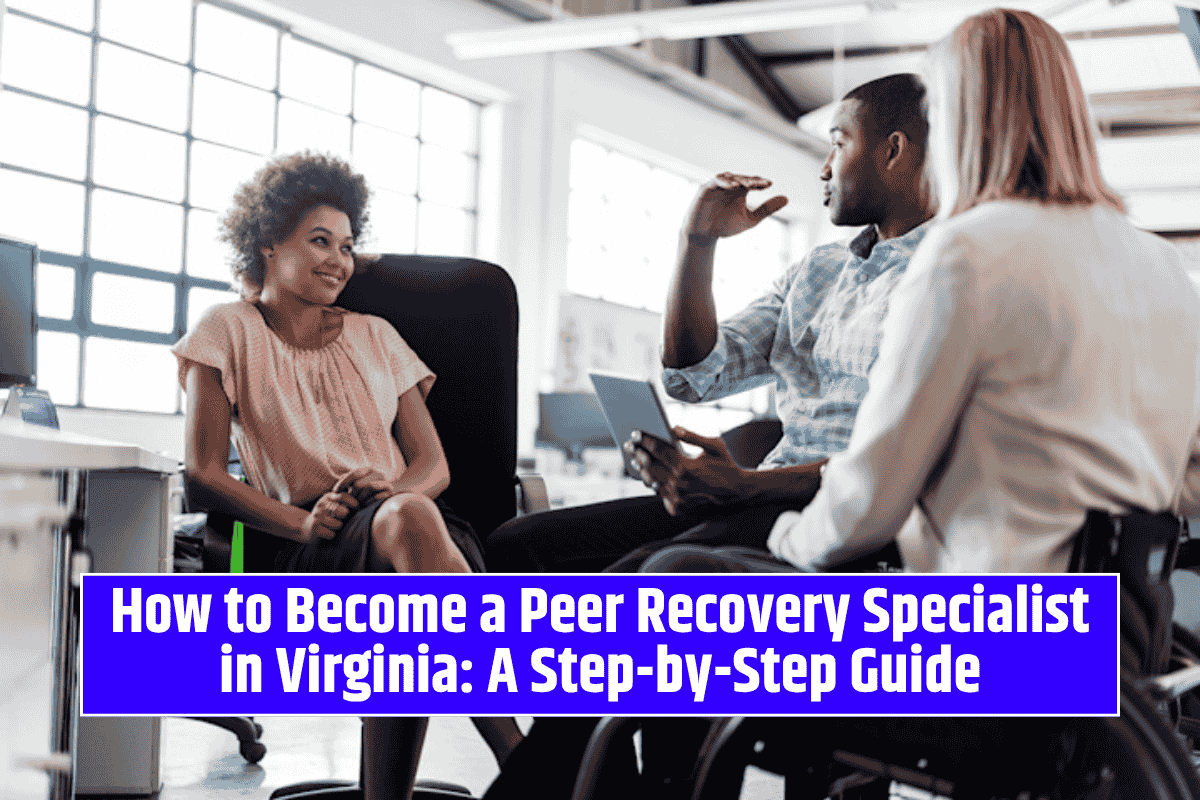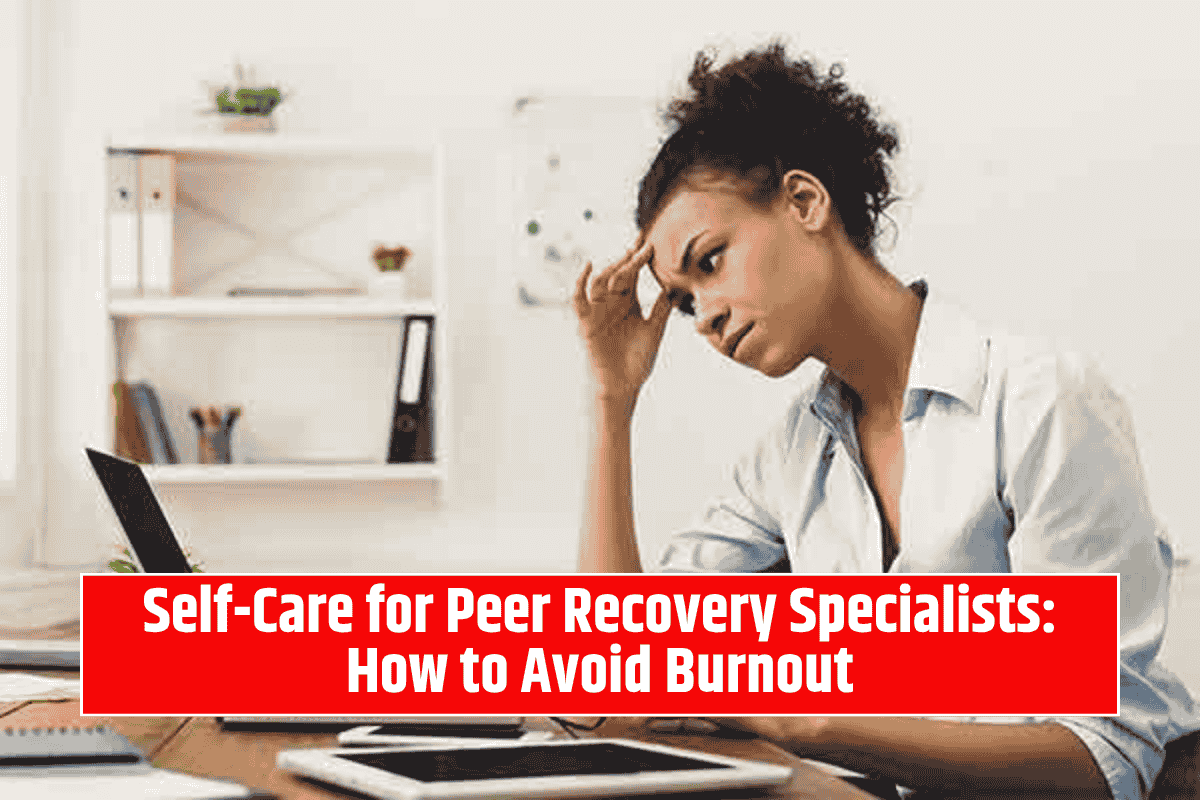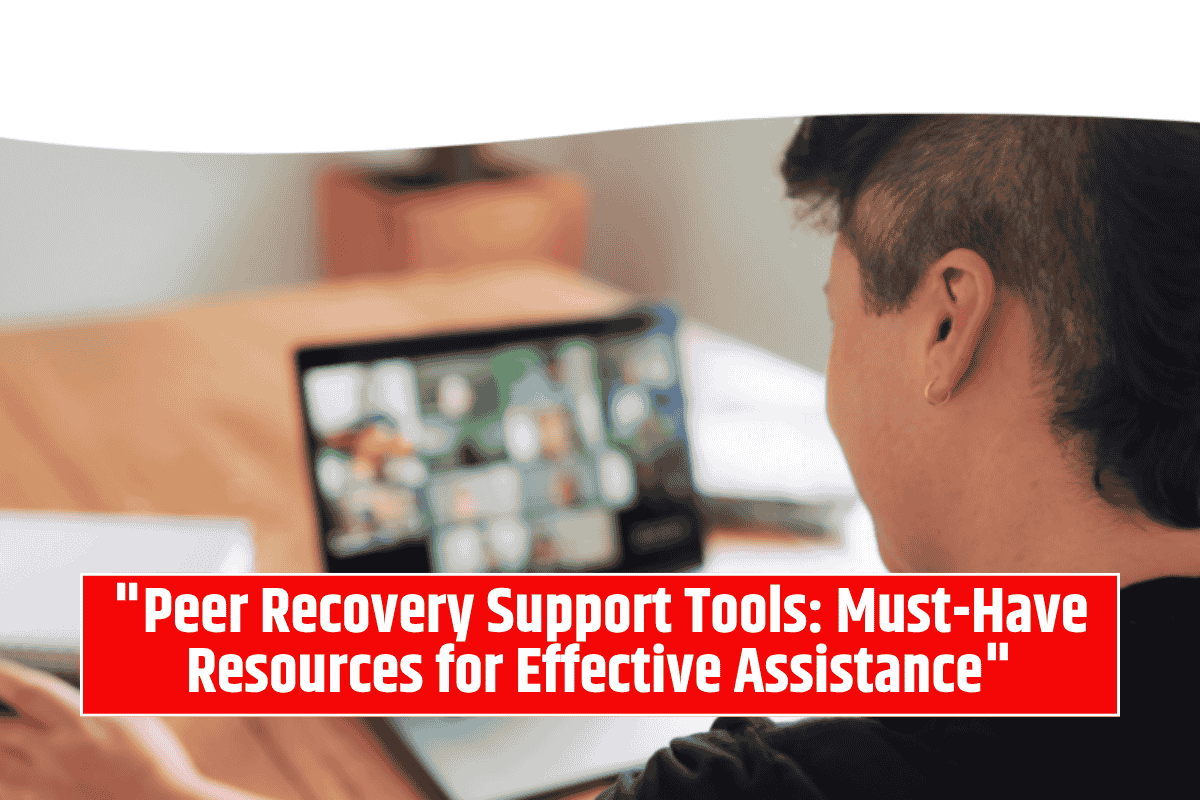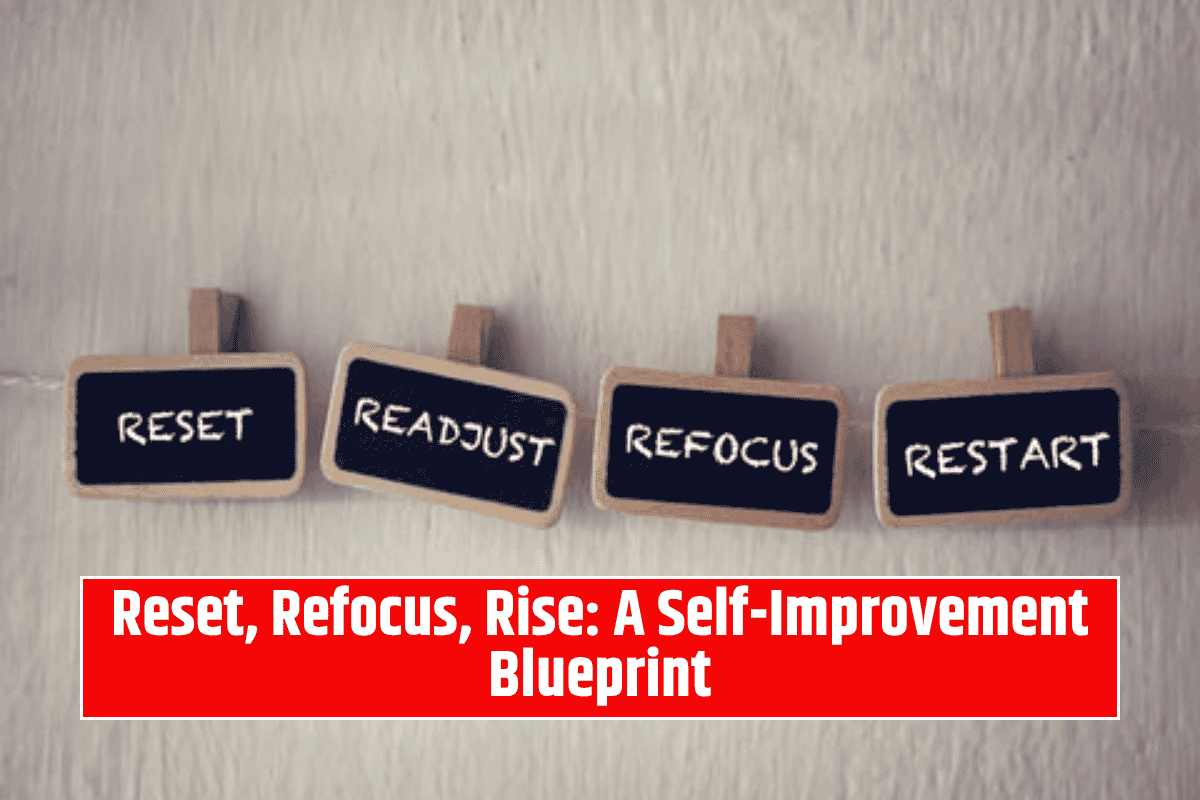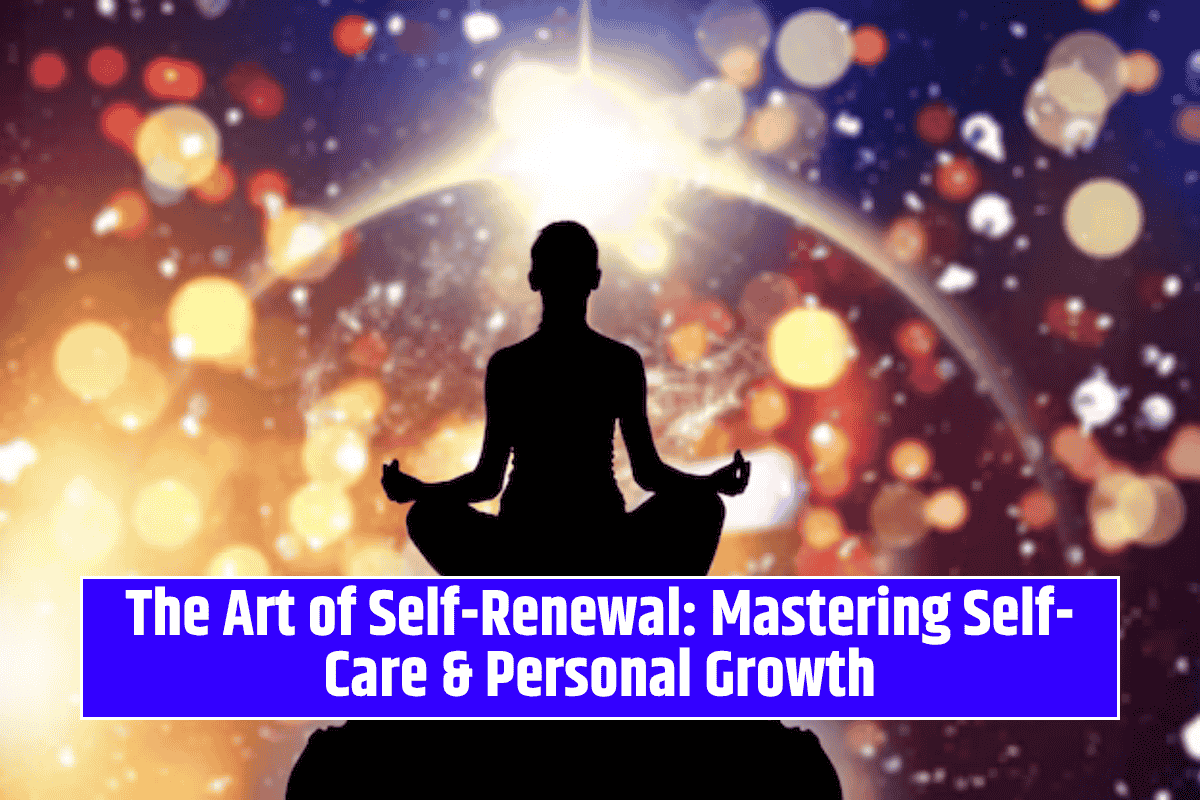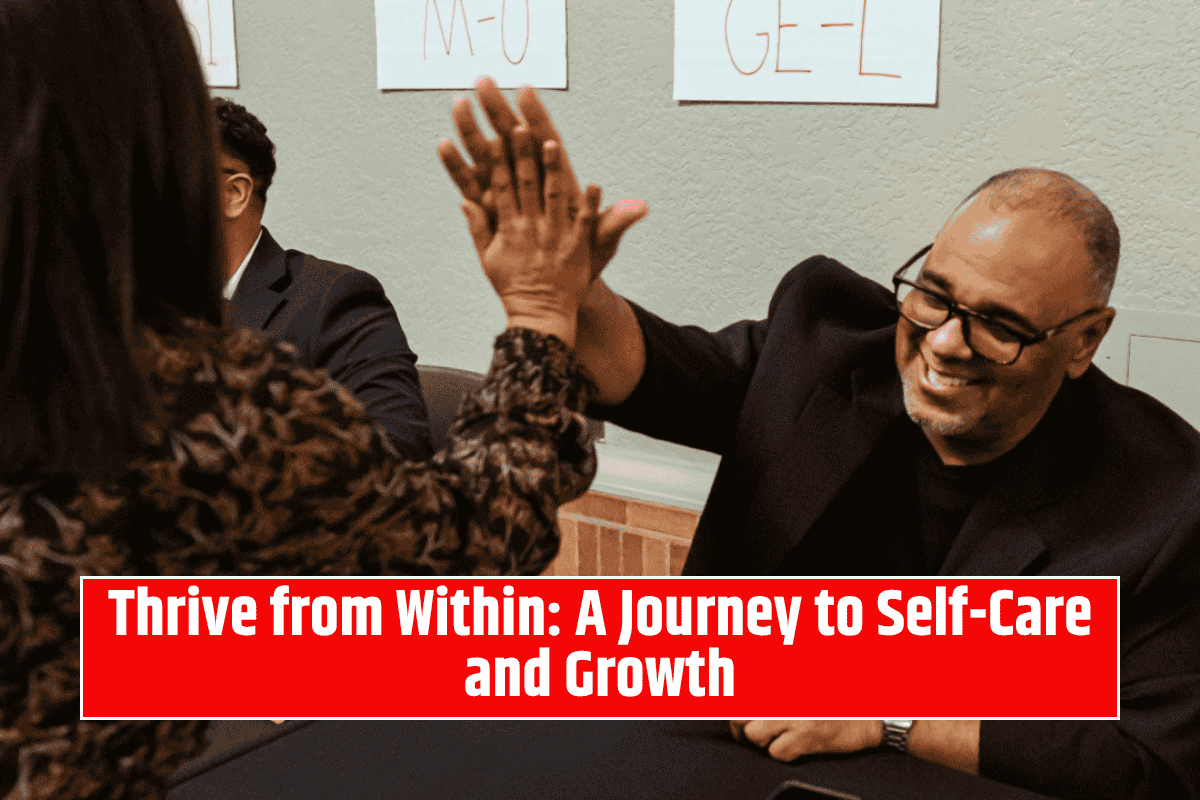Peer support is a transformative approach in mental health and addiction recovery, emphasizing mutual aid and shared experiences.
Unlike traditional clinical settings, peer support fosters relationships where individuals with lived experiences offer guidance, empathy, and understanding to others facing similar challenges.
This model has gained recognition for its effectiveness in promoting recovery, reducing stigma, and enhancing overall well-being.
Understanding Peer Support
At its core, peer support involves individuals who have experienced mental health conditions, substance use disorders, or other life challenges, providing assistance to others navigating similar paths.
This support is grounded in shared experiences, mutual respect, and a non-judgmental approach. Peer supporters, often trained and certified, serve as mentors, advocates, and companions, helping peers set goals, develop coping strategies, and build resilience.
The Core Principles of Peer Support
- Mutuality: Peer support is based on equality, where both the supporter and the individual supported share their experiences and learn from each other.
- Empowerment: It focuses on empowering individuals to take control of their recovery journey, fostering a sense of autonomy and self-worth.
- Hope: By sharing personal stories of recovery, peer supporters instill hope, demonstrating that recovery is possible.
- Respect: Peer support emphasizes dignity and respect, acknowledging each person’s unique journey and challenges.
- Choice: It encourages individuals to make informed decisions about their recovery, supporting them in exploring options and making choices that align with their values.
Benefits of Peer Support
Research and real-world applications have highlighted numerous benefits of peer support:
- Enhanced Recovery Outcomes: Studies show that individuals engaged in peer support programs experience improved mental health, reduced substance use, and fewer hospitalizations.
- Increased Engagement: Peer support can lead to higher participation in treatment programs, as individuals often feel more comfortable and understood when interacting with peers.
- Reduced Stigma: Sharing experiences with others who have faced similar challenges helps normalize mental health and addiction issues, reducing stigma and promoting acceptance.
- Improved Coping Skills: Peer supporters model effective coping strategies, helping individuals develop and strengthen their own skills.
- Sense of Community: Peer support fosters a sense of belonging and connection, combating feelings of isolation and loneliness.
Peer Support in Practice
Peer support can take various forms, including:
- One-on-One Support: Individual sessions where a peer supporter provides personalized guidance and encouragement.
- Support Groups: Group settings where individuals share experiences, offer mutual support, and learn from each other.
- Online Platforms: Digital spaces that connect individuals with peer supporters, offering flexibility and accessibility.
- Community Programs: Local initiatives that integrate peer support into community services, enhancing accessibility and outreach.
Training and Certification
To ensure the effectiveness and professionalism of peer support, many regions offer training and certification programs. For instance, in Virginia, the Department of Behavioral Health and Developmental Services (DBHDS) provides a 72-hour Peer Recovery Specialist training program.
This training equips individuals with the necessary skills and knowledge to support others effectively. Certification often includes supervised experience and adherence to ethical guidelines, ensuring that peer supporters are well-prepared to assist their peers.
Peer support is a valuable component of the mental health and addiction recovery landscape. By leveraging shared experiences and fostering mutual respect, peer support programs empower individuals to take charge of their recovery journeys.
As the field continues to evolve, integrating peer support into various settings can enhance outcomes, reduce stigma, and build stronger, more resilient communities.
For more information on peer support programs and training opportunities, consider exploring resources provided by organizations such as the Substance Abuse and Mental Health Services Administration (SAMHSA) and local mental health agencies.
Engaging with these resources can provide valuable insights and support for those interested in becoming peer supporters or seeking peer support services.
FAQs
What is Peer Support?
Peer support involves individuals who have lived through mental health or substance use recovery offering guidance, empathy, and support to others facing similar challenges. It’s based on mutual respect and shared experiences.
What are the benefits of Peer Support?
Peer support offers several benefits, including enhanced recovery outcomes, reduced stigma, increased engagement in treatment, improved coping skills, and a stronger sense of community among those in recovery.
How do I become a Peer Support Specialist?
To become a Peer Support Specialist, you need to complete specialized training, gain experience in the field, and often get certified. Many regions offer programs that provide the necessary skills to support others effectively in their recovery journey.
